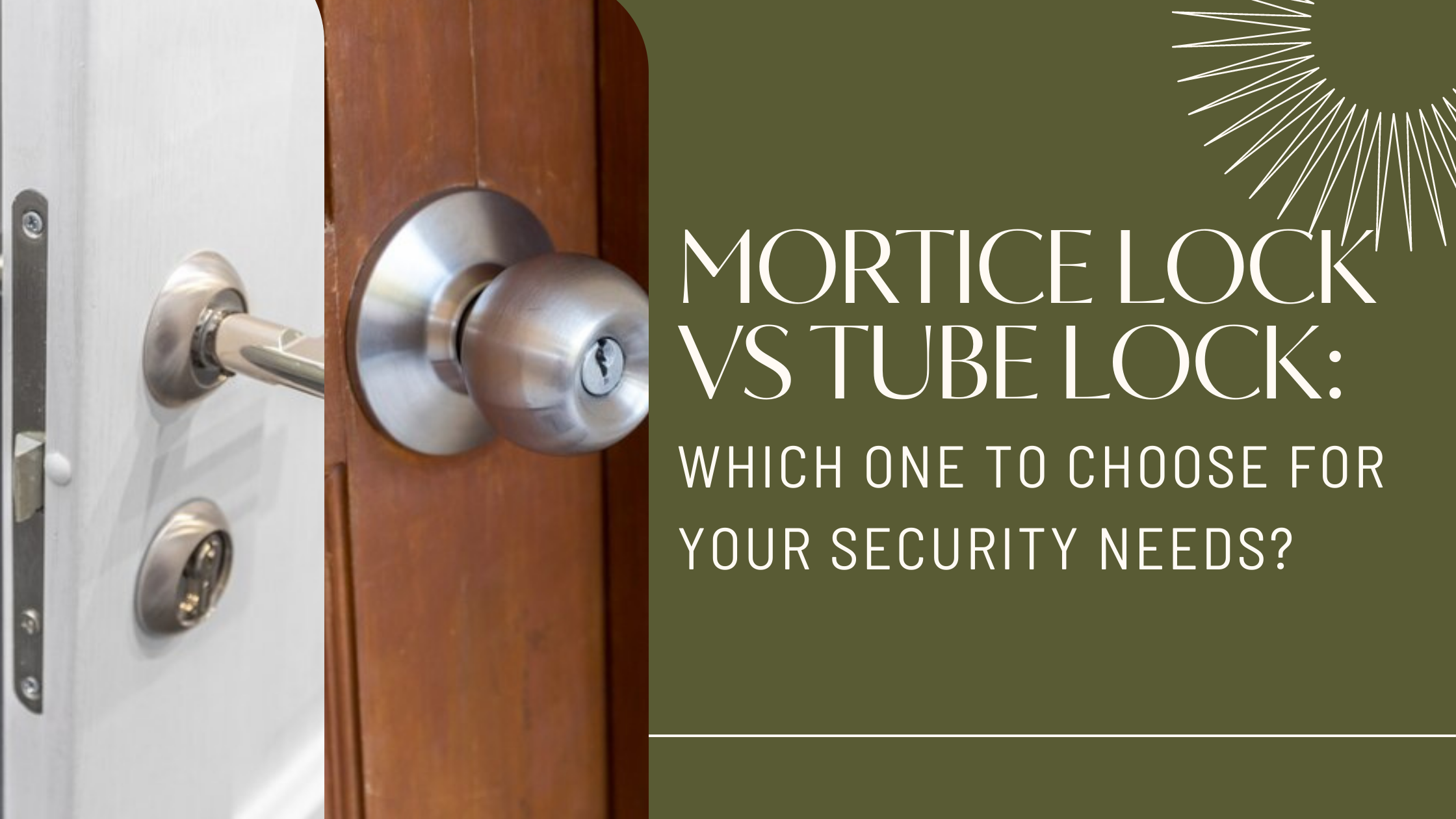Table of Contents
ToggleWhy Should You Change Your Locks?
Locks are an essential aspect of home security, providing peace of mind and protecting your family and possessions. However, over time, locks can become worn, damaged, or outdated, making your home vulnerable to intruders. That’s why it’s important to regularly assess the condition of your locks and replace them if necessary.
Changing your locks also gives you control over who has access to your home. If you’ve recently moved into a new house or had a change in tenants, it’s crucial to change the locks to ensure that previous occupants or unauthorized individuals can’t enter. Similarly, if you’ve lost your keys or had them stolen, changing your locks is the best way to prevent unauthorized access.
When Should You Change Your Locks?
While there’s no set timeline for changing your locks, there are a few situations where it’s important to consider doing so. If your locks are visibly damaged, such as rusted or chipped, it’s time for a replacement. Similarly, if your locks are difficult to operate, such as sticking or not turning smoothly, they may be worn out and need to be changed.
If you’ve experienced a break-in or attempted break-in, changing your locks is crucial. Even if the intruder wasn’t successful, they may have damaged or compromised the lock, making it easier for them to enter next time. It’s also important to change your locks if you’ve lost your keys, as they could end up in the wrong hands.
Finally, if you’re moving into a new home, changing your locks should be a top priority. You never know who might have a spare key to the old locks, so it’s important to start fresh with new locks to ensure your home is secure.
Types of Locks to Consider
When it comes to changing your locks, there are several options to consider. Here are a few of the most popular types of locks:
-
- Deadbolts: Deadbolts are one of the most common types of locks used in residential homes. They’re typically installed on the main entry door and provide an additional layer of security compared to standard knob locks.
-
- Smart Locks: Smart locks are becoming increasingly popular due to their convenience and added security features. They can be controlled via a smartphone app and provide features such as keyless entry, remote access, and integration with home automation systems.
-
- Keyless Entry Locks: Keyless entry locks, as the name suggests, don’t require a physical key to unlock. Instead, they use a code that you enter on a keypad or touchscreen to unlock the door.
-
- Lever Handle Locks: Lever handle locks are often used on interior doors, such as bedrooms or bathrooms. They’re easier to operate than traditional knob locks and are also ADA compliant.
How to Choose the Right Locks for Your Home
Choosing the right locks for your home is a crucial step in ensuring its security. Here are some factors to consider when selecting locks for your house:
-
- Type of lock: There are various types of locks available on the market, including deadbolts, padlocks, knob locks, and lever handle locks. Deadbolts are the most secure and recommended for external doors, while padlocks are suitable for securing gates and sheds. Knob locks and lever handle locks are less secure and should be used in conjunction with a deadbolt.
-
- Grade of lock: Locks are graded based on their durability and resistance to forceful attacks. Grade 1 locks offer the highest level of security and are recommended for external doors, while Grade 2 locks are suitable for internal doors.
-
- Key control: Some locks come with keys that can be easily duplicated, increasing the risk of unauthorized access. Consider using locks that come with restricted keys that cannot be duplicated without the owner’s permission.
-
- Smart locks: Smart locks allow you to control access to your home remotely, making it easier to monitor who enters and exits your house. They also eliminate the need for physical keys, which can be lost or stolen.
Changing Locks on Your House
Changing the locks on your house can be done as a DIY project or by hiring a professional locksmith. Here are the steps involved in changing the locks on your house:
-
- Remove the old lock: Use a screwdriver to remove the screws holding the lock in place. Once the screws are removed, you should be able to pull the lock out of the door.
-
- Measure the size of the old lock: Take note of the size and shape of the old lock, as this will help you find a suitable replacement.
-
- Choose a new lock: Select a new lock that meets your security needs and is compatible with the size and shape of the old lock.
-
- Install the new lock: Follow the manufacturer’s instructions to install the new lock. Make sure the lock is securely in place and test it to ensure it is functioning properly.
-
- Dispose of the old lock: Make sure to dispose of the old lock properly, as it may contain sensitive information.
DIY vs. Hiring a Professional
While changing your locks may seem like a simple task, it’s important to consider whether you want to tackle it yourself or hire a professional locksmith. DIY lock changes can be cost-effective, but they also come with the risk of not installing the lock correctly or damaging the door.
On the other hand, hiring a professional locksmith ensures that the job is done correctly and efficiently. They have the expertise and tools necessary to handle any type of lock, and they can also provide recommendations on the best type of lock for your specific needs.
Frequently Asked Questions
How much does it cost to change locks on a house?
The cost of changing locks on a house can vary depending on the type of lock, the number of locks, and whether you hire a professional locksmith. On average, homeowners can expect to pay anywhere from $75 to $350 per lock.
How often should I change the locks on my house?
Changing locks on your house is recommended every time you move into a new home, or if you lose your keys or suspect that they have been stolen. It is also a good idea to change your locks every few years to ensure your home’s security.
Can I change the locks on my house without the original key?
Yes, changing locks on your house without the original key is possible. However, you will need to use special tools to remove the lock from the door and may need to call a professional locksmith for assistance.
Why Changing Locks on Your House is Important.
Changing locks on your house is a crucial step in maintaining its security and protecting your loved ones. Whether you choose to do it yourself or hire a professional locksmith, make sure to consider the factors mentioned above and choose a lock that meets your security needs.
By following these steps, you can ensure that your home remains a safe and secure haven for you and your family.




